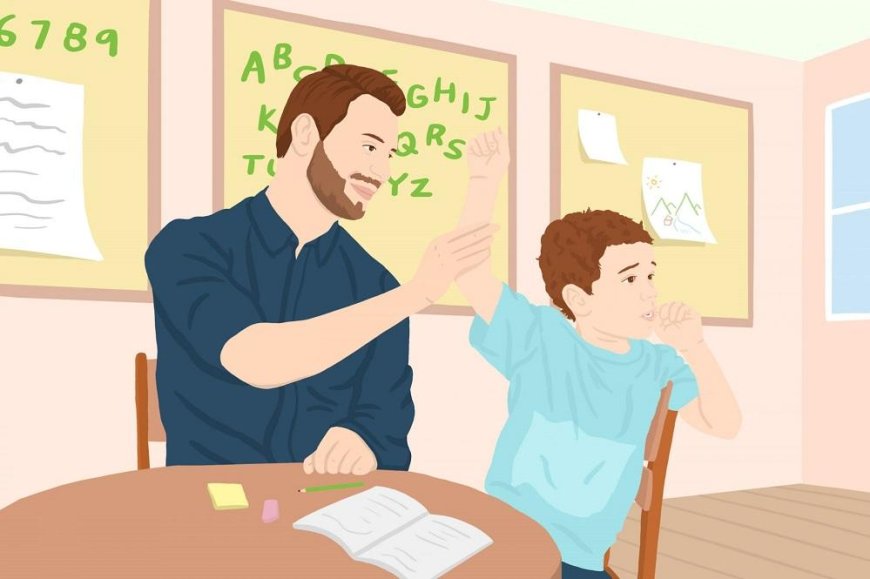If you have a child with a learning disability, be sure to read these tips to help them read and understand.
make progress in their daily learning. Reading is knowledge, which is why it is so important to help children with learning disabilities.

Reading is not always a "strong point" of children, but it is very important in learning. Toddlers need to read and understand them in order to make progress in their daily learning. Reading is knowledge, which is why it is so important to help children with learning disabilities.
For many parents, this task is not easy at all. But it is not impossible and it is necessary to know how to help so that children can read slowly and understand what they are reading. Even if they have learning difficulties.
The first thing parents need to remember is that they must respect the rhythm and abilities of their children, because only then will they be able to develop properly.
Ask questions that will facilitate reading comprehension
As your child reads, ask him questions about what he or she is reading. This way you will test their understanding of the text and its content. You can even ask him some questions in writing. This way, the child will be better able to think about the answer.
By writing down questions, you can distract your child and they will be able to think better about the answer without feeling overwhelmed. Be respectful of your child's rhythm, and remember that if they don't know how to answer a question, they just need to come back to this section to remember and better understand the information.
Fragrances that support memory
As your child learns or reads something to remember for a test, make it more interesting. You can use the scent while your little one is reading or learning. That way, later, when he smells that particular scent, he will remember what he has learned or read.
For many children, a certain smell can help them recall a certain moment or memory. When your child is preparing for a particularly difficult or stressful test, ask them to use a certain fragrance, such as a certain lotion or perfume.
When the test day comes, ask him to use the same fragrance that he used to study. This may help him remember the material.
Writing summaries
Writing summaries can be difficult, especially for children with special needs or learning difficulties. This strategy can help your child not feel overwhelmed by the book, helping them remember it chapter by chapter.
Ideally, you should have several sheets of lined paper to create a personalized scrapbook. Although, you can also buy a notebook that will only be used for writing abstracts for books or writing down what your child has learned.
Must Read: What guitar for a child?
Each time your child finishes reading a chapter, ask them to write a sentence or two to describe what happened. Let him read what he wrote about the previous chapters before starting a new one. This will help him remember what is happening in the book.
Reading corner
It is important that your child does not feel that reading is a duty, because then he or she will not feel like doing it or will treat it as something imposed from above. Nobody likes orders, your child is no exception.
In this sense, it is much more practical and useful to convince your child that reading is a time of relaxation, personal development and especially free time.
To do this, prepare a special corner at home where your child can sit and read alone or with someone else. You can even customize it to be his quiet study corner where no one disturbs him.
A table, pillows on the floor, a comfortable chair, books on shelves, enough natural and artificial light to make reading enjoyable ... Think about how to arrange this corner so that your child can use it regularly.
When your child finishes the final chapter, ask them to write a few sentences describing the end of the book. This ends with a complete summary to help him understand and remember everything he has read. The child will feel very confident as they will be able to remember what they read and share the information they have learned.
Talk to your child to help him understand reading
Talk to your child about the main problems that arise when he sits down to read. What's more difficult? What distracts him? How can you find ways to stop what is distracting him?
After agreeing on ideas that will make reading more productive, make a contract with your child that will implement the agreed strategies. Therefore, every time a strategy is successfully implemented, give it reward points.
We hope you find these ideas to help children with reading comprehension difficulties useful and that you put them into practice at home with your children.
